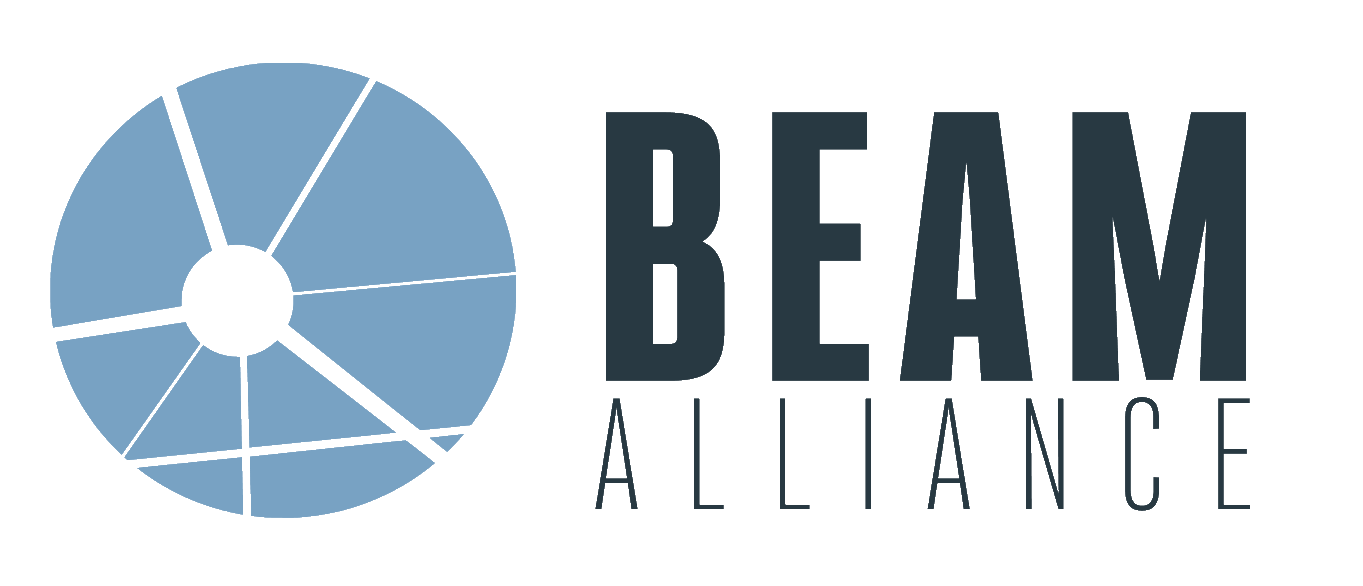Here are some funding opportunities tailored to SMEs tackling antimicrobial resistance (AMR):
In Europe
HORIZON EUROPE – Health Cluster
HORIZON-HLTH-2025-01-DISEASE-01: Testing safety and efficacy of phage therapy for the treatment of antibiotic-resistant bacterial infections
- Approx. €15M (grant)
- Deadline: September 16, 2025
Go here for more details
EIC Accelerator
Helps SMEs scale market-ready innovations
- €0.5–2.5M (grant) + up to €15M (equity)
- Deadlines: October 1, 2025
Go here for more details
EIC Pathfinder Open
Funds early-stage, high-risk research with transformative potential.
- Up to €3M (grant)
- Deadline: To be announced
Go here for more details
EIC STEP Scale Up
Equity support for scaling strategic deep tech
- €10–30M
- Rolling applications
Go here for more details
EIC Transition Open
Supports technology maturation beyond proof-of-concept
- Up to €2.5 (grant)
- Deadline: September 17, 2025
Go here for more details
Eurostars-3
Supports R&D-performing SMEs in international projects
- Up to €500K per partner
- Next deadline: September 2025
Go here for more details
ENABLE-2
Supports early-stage antibiotic development; currently backing four programmes
- Open to European academics and non-profits only
Go here for more details
InvestEU Fund
Backs AMR innovation with up to €75M in loans for late-stage clinical and market-ready projects
- Rolling applications
Go here for more details
HERA Invest
Promotes advanced research and development of medical countermeasures loans of typically €20M to support in the early and late phases of clinical trials
- Rolling applications
Go here for more details
worldwide
BARDA BAA (Broad Agency Announcement)
U.S. program supporting advanced development of medical countermeasures
- Up to $250M
- Global applicants eligible
Go here for more details
CARB-X
Funds early-stage antibacterial R&D (therapeutics, diagnostics, prevention)
- Part of a €480M global portfolio
Go here for more details
AMR Action Fund
$1B public-private fund investing in late-stage biotech to develop 2–4 new antibiotics by 2030
- Rolling applications
Go here for more details


